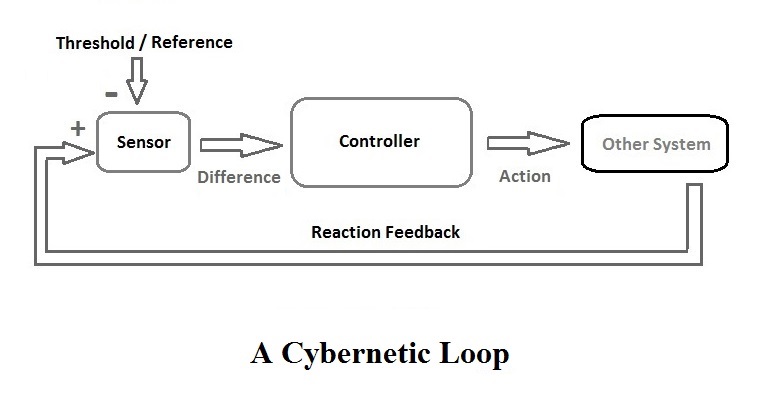2 weeks ago, Mark Zuckerberg revealed the Meta Ray-Ban vision during the Meta Connect. People classify this product at the same technological level as VR and AR, taking the example of the Vision Pro, or more similarly the Google Glasses, both huge flops.
But the Meta glasses have a plus.
AI.
And I think that if Meta Glasses surely need AI, AI needs Meta glasses.
“I use Chat GPT as a general purpose tool, and I hope that in a few years I will use it in more things than I do. It’s obviously still terribly integrated into most people’s workflows, but it’s going to get better at that.”
– Sam Altman, on David Perell’s podcast: https://www.youtube.com/watch?v=6pxmdmlJCG0&t=895s
For anyone that has tried to build anything serious with AI, you quickly find that the tech is not the real challenge, it’s how you implement it in the user routine and how you make it easy for the user to fill their context.
This is why the best AI apps are wired to email and calendar. And this concept is nothing without AI capacity to analyze the result of its predictions. It’s called the cybernetic feedback loop: AI prediction → positive or negative feedback → re-adjustment of the next prediction toward a positive feedback. It is the base concept of what Bryan Johnson does with his project Don’t Die: every day he varies his daily routine and monitors his sleep quality and then maximizes the element that reinforces his sleep quality and minimizes what weakens it.

This capacity for AI to reach its feedback is very easy in mathematics, video games, and programming, where everything happens in a very simple virtual and closed environment. This is why all the exponential growth of AI currently only happens in these fields.
If you want to expends the exponential to other field you need live visual and audio context. You need a new, AI first device. This is why both Mark Zuckerberg and Sam Altman, with its collaboration with Jony Ive, are after it.
By creating my Alexander the Great, an app running on ancient Greek books, people really underestimate how hard it is to insert even an incredible app into their daily life, for 2 reasons: it needs to be somehow ritualistic, and you have no idea how it could help. It’s why top apps are fitness apps (ritualistic) and general purpose AI apps (whatever you ask, you will always have a reply).
Meta Glasses will probably create room for a third category. Peripatetic apps, anyone?
